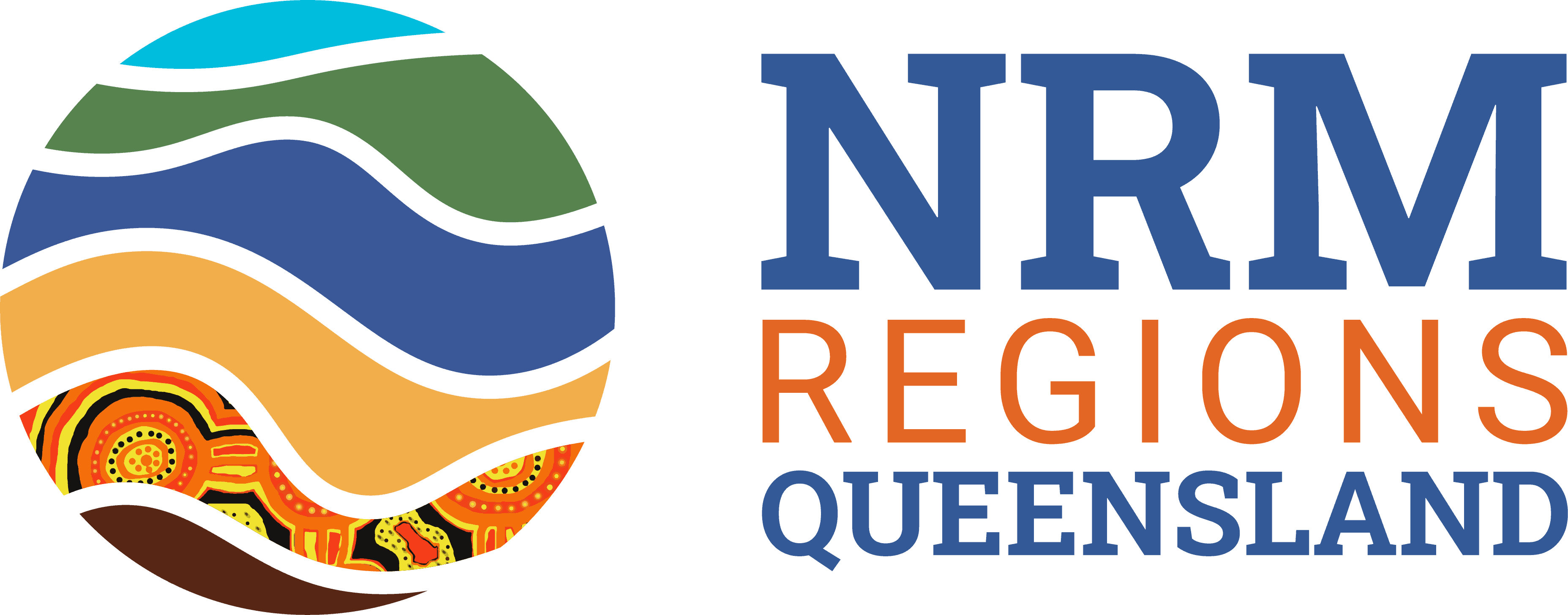Climate change is undoubtedly the greatest threat to the Great Barrier Reef. While international agencies grapple with how to reverse the impacts of climate change, Queensland’s regional communities are quietly taking action.
The pressures from climate change combined with poor water quality running off the land as well as the impacts of coastal development, fishing, and marine debris mean dramatic, system-wide declines in the Reef’s condition.
The Great Barrier Reef remains a vibrant, beautiful ecosystem of immense value to Australians and the world, but it is recognised that both global and local action is needed to ensure it continues to thrive.
Each of Queensland’s six reef regional NRM organisations works with landholders to promote adoption of improved management practices that reduce nutrient, pesticide and sediment losses impacting the Great Barrier Reef. They’re supported by a variety of programs – including those funded by Queensland and Australian Governments to undertake this work.
Reef Assist is an example of one of those programs. The $33.5 million Queensland Government investment delivers priority environmental projects in Great Barrier Reef catchments with a focus on reducing water pollution and creating good jobs.
The first iteration of Reef Assist delivered projects in the Wet Tropics, Burdekin, and Mackay Whitsunday Regions with the latest funding announcement including Cape York NRM amongst a range of other community organisations.
The Cape York Gully Remediation and Creation of Indigenous Employment Pathways project will deliver remediation and repair of eroded gullies, reducing sediment loss to the reef and providing opportunities for Indigenous people to work on Country.
NRM Regions Queensland CEO Chris Norman said the regional NRM projects funded by Reef Assist are examples of communities working together, on the ground to mitigate the impacts of climate change, and ultimately to improve the health of the Great Barrier Reef.
“Climate change exacerbates the impact of poor water quality flowing to the Great Barrier Reef,” Chris said.
“The projects being undertaken by Queensland’s regional NRM organisations show what can happen when communities work together to identify issues and develop solutions,” Chris said.
In addition to the Queensland Government investment in the Reef, Queensland’s regional NRM organisations across the Great Barrier Reef catchments are also benefiting from a significant investment from the Australian Government through Reef Trust – its flagship investment program supporting delivery of the Reef 2050 Long-Term Sustainability Plan. This plan is the Australian and Queensland Government’s long-term framework for protecting and managing the Great Barrier Reef.
With the support of this program, regional NRM organisation Reef Catchments is engaging cane farmers to implement more efficient and sustainable farming practices to reduce fertiliser runoff, NQ Dry Tropics is repairing priority streambanks to reduce the amount of sediment reaching the Reef and Burnett Mary Regional NRM Group is undertaking large-scale restoration of riparian areas to reduce erosion and sediment loads.
In the Wet Tropics, Terrain NRM worked with 38 canefarmers to trial land management practices that reduced nitrogen fertiliser application rates without impacting yield. As a result, nitrogen use was reduced by over 1000 tons. Less nitrogen means less runoff and improved water quality.
Fitzroy Basin Association is the regional partnership coordinator for the Fitzroy Water Quality Program which aims to stop 50,000 tonnes of fine sediment entering the Reef’s waterways. The program supports on-ground projects focussed on improving landscape function through remediating degraded land such as gullies and streambanks and improving land management – particularly of grazing and cropping lands.
NRM Regions Queensland Chair Julie Boyd said these projects showed the capacity of Queensland’s regional NRM sector to have a positive impact on Reef water quality, regional jobs and sustainable agriculture.
“Investing in outcomes for the Great Barrier Reef has a huge impact on regional communities,” Julie said.
“There are the obvious benefits such as improved water quality and reduced sediment flow to our precious Great Barrier Reef, but there are also the less obvious ones. We have regional NRM organisations engaging thousands of people in learning about how their farming practices impact water quality; working with the tourism and fishing sectors; and engaging the whole community in planning for natural resource management for the future.”
“We know climate change is having an impact on the Great Barrier Reef, but we also know that engaging people at the regional level is critical to reversing those impacts,” Julie said.
